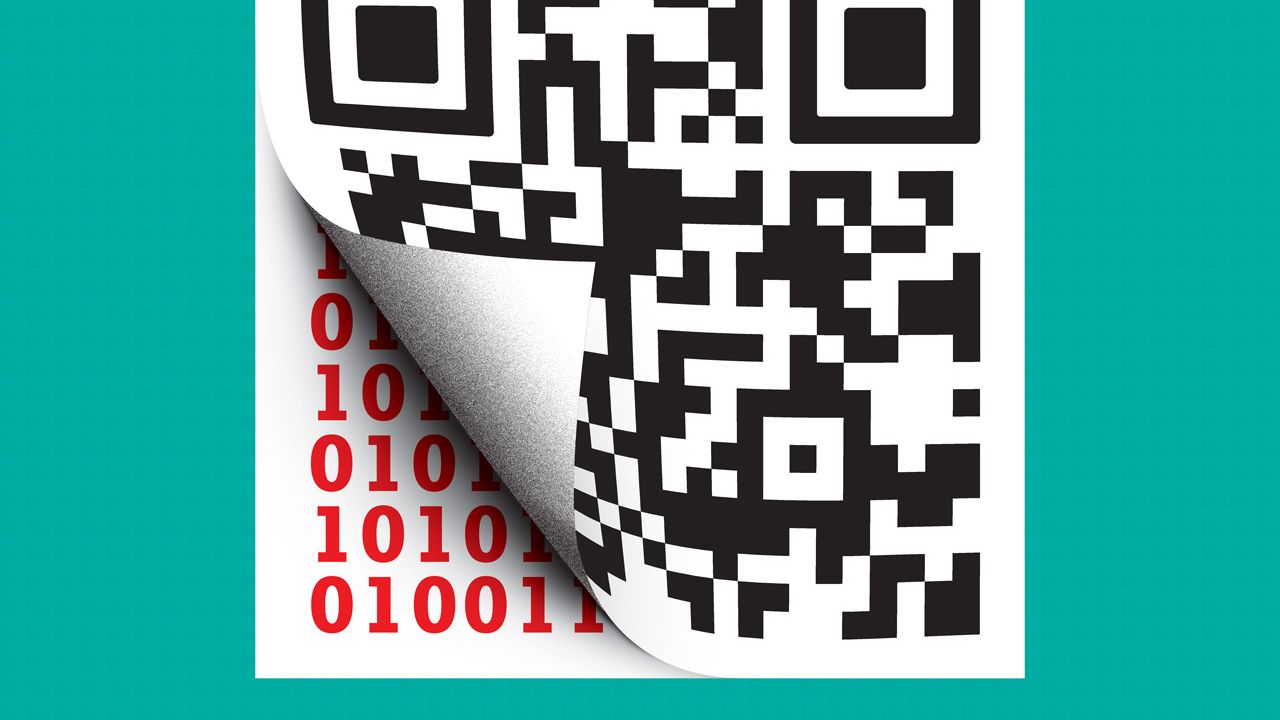In the fast-paced landscape of technological advancements, few innovations have had as profound an impact on our daily lives as Quick Response (QR) codes. Originating in the automotive industry in the mid-1990s, these matrix barcodes have evolved from their humble beginnings into a ubiquitous tool bridging the physical and digital realms. This article explores the journey of QR codes, tracing their evolution from invention to ubiquity.
1. Birth of QR Codes:
The inception of QR codes dates back to 1994 when Denso Wave, a subsidiary of the Japanese automotive giant Denso, introduced them. Masahiro Hara, an engineer at Denso Wave, led the team that developed QR codes as a solution to the limitations of traditional barcodes. Unlike their linear counterparts, QR codes store information both horizontally and vertically, significantly increasing their data capacity.
Initially created to streamline the tracking of automotive parts during manufacturing, QR codes quickly outgrew their original purpose. Their versatility, speed, and ability to store various types of data soon attracted attention from industries beyond manufacturing.
2. QR Codes Go Global:
As technology advanced, QR codes began to make their mark on a global scale. Their adoption expanded beyond Japan, finding applications in industries ranging from retail and marketing to healthcare and logistics. The square black-and-white codes became a common sight on product packaging, advertising materials, and even business cards.
One of the key factors contributing to the global adoption of QR codes was their open standard nature. Denso Wave chose not to exercise its patent rights, allowing anyone to use and implement QR codes freely. This open approach facilitated widespread adoption and innovation, laying the foundation for the ubiquity we see today.
3. Rise of Smartphones and QR Code Scanning Apps:
The true turning point for QR codes came with the proliferation of smartphones equipped with high-quality cameras and the advent of QR code scanning applications. Suddenly, consumers could effortlessly scan QR codes using their mobile devices, unlocking a myriad of possibilities.
The seamless integration of QR code scanners into smartphones empowered users to access information instantly. Whether it was for product details, promotional offers, or website links, the convenience of scanning QR codes reshaped consumer interactions with the physical world.
4. Applications Across Industries:
QR codes infiltrated various industries, becoming an indispensable tool for businesses and consumers alike. In retail, they revolutionized the shopping experience by providing quick access to product information and reviews. Marketers leveraged QR codes for interactive advertising campaigns, while healthcare professionals used them for patient identification and accessing medical records.
Travel and hospitality embraced QR codes for contactless check-ins, boarding passes, and event tickets. The finance sector witnessed the integration of QR codes into mobile payment systems, enabling secure and efficient transactions.
5. QR Codes in the Digital Age:
In the digital age, QR codes have not only endured but thrived. Their adaptability has led to the development of specialized codes, including dynamic QR codes that allow for real-time updates and customization. Custom QR codes, incorporating logos and design elements, have become a branding tool for businesses.
6. Future Frontiers:
Looking ahead, the future of QR codes appears promising. As technology continues to advance, we can anticipate further innovation in QR code functionalities. Augmented reality experiences, enhanced security features, and deeper integration into emerging technologies are likely avenues for exploration.
Conclusion:
From their origin as a solution to streamline manufacturing processes to their current status as a ubiquitous tool in our digital arsenal, the evolution of QR codes is a testament to their enduring relevance. As we continue to witness their seamless integration into our daily lives, QR codes stand as a symbol of how a simple innovation can evolve and shape the way we interact with the world around us. The journey of QR codes from invention to ubiquity is a fascinating narrative of adaptability, openness, and technological progress.

